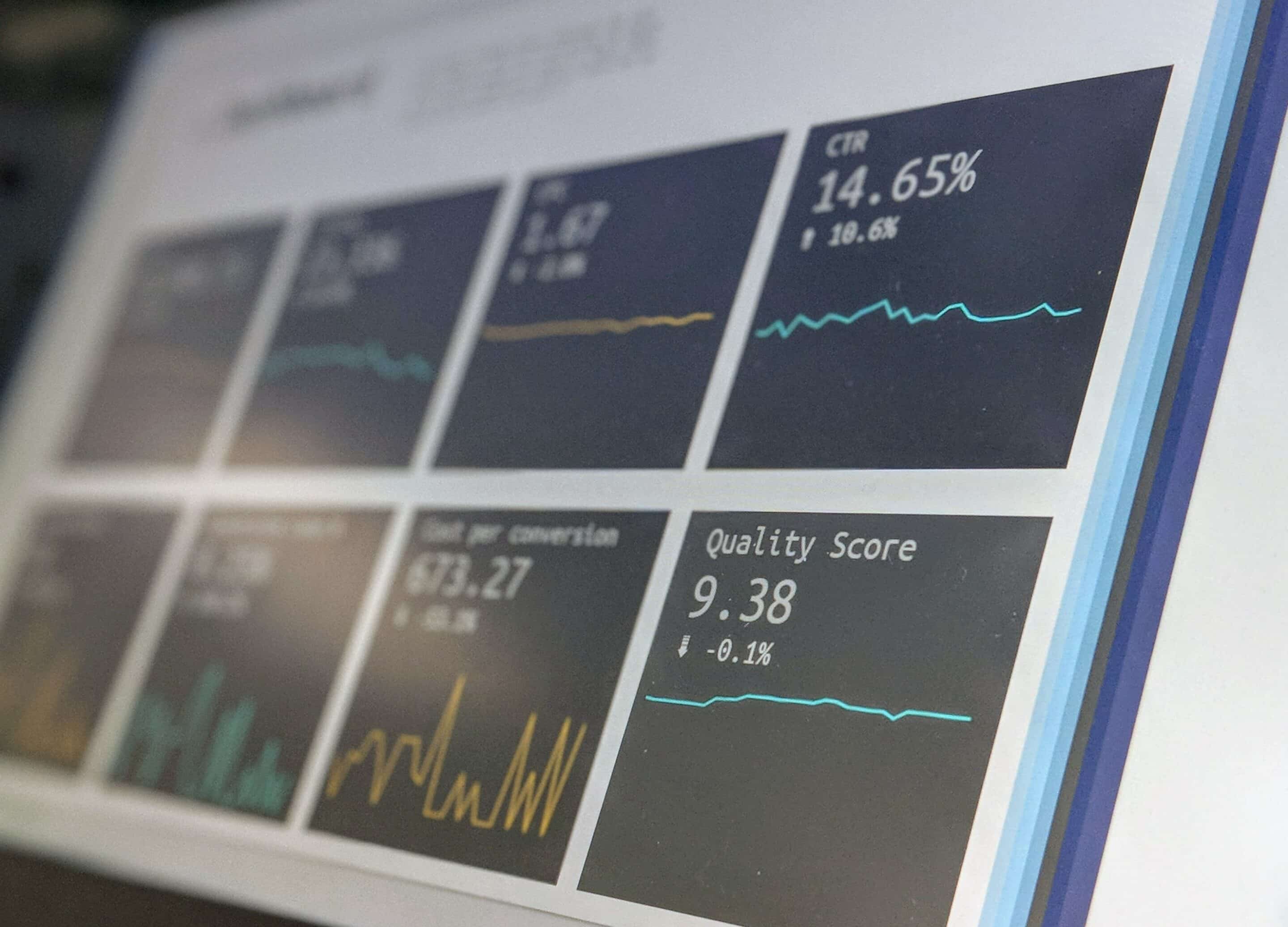Using big data to make better, more informed decisions is the key to business success. However, many businesses do not take full advantage of this capability. Small businesses, for instance, tend to hold back on jumping on the data revolution train for many reasons.
Unfortunately, this mindset may be hindering a lot of Micro, Small, and Medium Enterprises (MSMEs) from growing to their full potential, especially in today’s ultra-competitive marketplace. This lack of data analytics adoption is quite unfortunate because a leadership team’s ability to make good decisions quickly is all too often the main differentiating factor between an organization that is barely surviving and one that is striving.
So, if you’re still on the fence about implementing data analytics in your business, here are some reasons you should consider it:
Make quality decisions quicker than the competition
Data-driven analytics involves analyzing data to make better decisions. It’s not just a buzzword; it’s an important concept with real business implications.
Data-driven business analytics involves four levels of analytics: descriptive, diagnostic, predictive and prescriptive. The first three levels are focused on analyzing data to get a better understanding of past performance. Prescriptive analytics is the fourth level and involves using data to make real-time decisions based on new information.
Having all these three levels perfected can help businesses understand themselves, their customers, and the circumstances they find themselves in. With this level of self-awareness, businesses can be proactive in approaching decision-making and reacting to exterior influences.
Data-driven analytics helps leaders understand and solve big problems by providing them with more focused solutions.
Even at the descriptive and diagnostic levels, there are already a handful of benefits that can help you make the right decisions quickly, such as data visualization.

Understand your customers better
Data-driven business analytics can help you understand your customers better, leading to better products and services.
- Customer satisfaction: Customers are the lifeblood of any business. Understanding how they feel about the company and its products is crucial for success because happy customers are likelier to return or recommend a brand to others.
- Customer retention: Even if you have a great product or service, if you can’t retain customers, there is no point in keeping your business operational. Businesses rely on repeat customers and referrals for growth. If you don’t have any customers left, you won’t be able to grow your business. Data helps businesses identify who their most loyal customers are so that they can focus on keeping them happy–and ensuring that those who aren’t satisfied don’t leave either.
- Customer loyalty: Loyalty programs are popular tools for companies trying to incentivize repeat purchases from existing clients; however, these rewards often come with hidden costs that can add up over time. A better data-driven approach might be one focused on understanding what makes each customer unique so you can offer relevant incentives and tailor those offers based on what works best for each of them.
Improve operational efficiency
Data-driven business analytics can also help you identify inefficiencies in your company. For example, a marketing campaign may appear successful because of the sudden influx of revenue it generated; however, if you dig into the data and find out that customer acquisition costs are already eating into the profit margins, then you need to reevaluate whether or not the campaign is worth continuing.
It is not just in marketing that data-driven analytics can help improve an organization’s processes. It can, for example, also help improve manufacturing efficiency. With enough data, you can pinpoint which suppliers are not performing up to par so you can make either make the decision to stop working with them or give them a nudge.
This way, data-driven analytics can improve your overall operational efficiency, which leads to lower overheads, more inventory, and better margins.
Streamline company finances
The finance department is another branch of business that can be hugely benefited by implementing data-driven analytics. It is involved in virtually all aspects of the business and can, therefore, easily accumulate vast amounts of data that can be difficult to make sense of without the help of data-driven analytics.
From payroll and accounting to tax filings and planning, the finance department is one of the most crucial departments in any business. The problem is that it often has no idea where all its data comes from or how valuable certain pieces of information really are. This leads to inefficient decision-making and a lack of accountability when it comes to spending money on things like staff salaries, utilities and other expenses.
Data-driven business analytics makes it easier to track down specific information and to make sense of it all. It also helps companies stay on top of their finances in general by providing accurate, real-time information about what’s going on at any given moment.
Furthermore, the transparency that comes with data-driven analytics also helps in presenting data in a way that can be easily understood by leaders and other stakeholders who may not be familiar with the details of accounting processes. This way, everyone can be on the same page about how money is being spent and what the results are.

Parting Thoughts
The key to success in business has always hinged on the leadership team’s ability to make good decisions. And with today’s data-rich business environment, not utilizing data to make those decisions can prove fatal for businesses. Data-driven analytics can help your business grow by providing you with deeper insights into various aspects of your business, such as customer behavior, operational efficiency, and financial performance.
So, if you’re considering jumping into the data revolution, look for the right solutions provider right now. The right provider will help you make sense of your data and use it to drive better business decisions.

